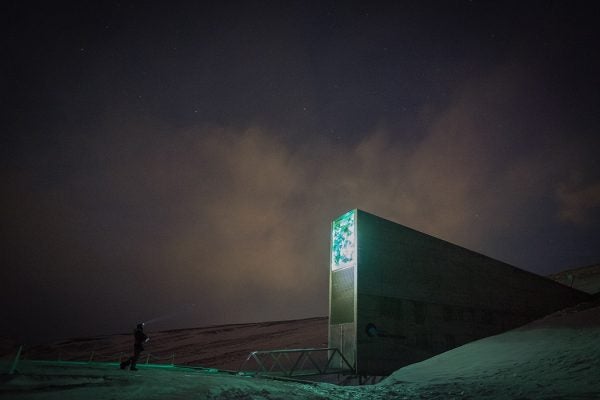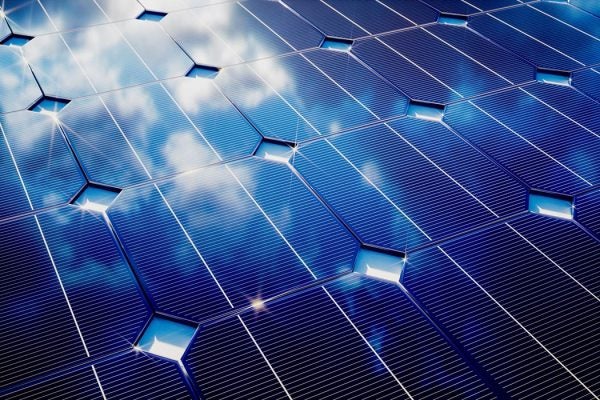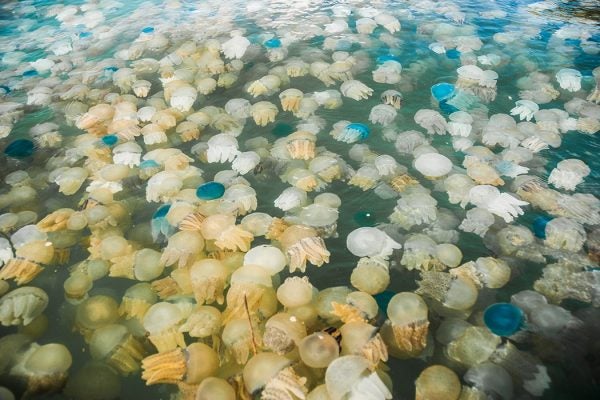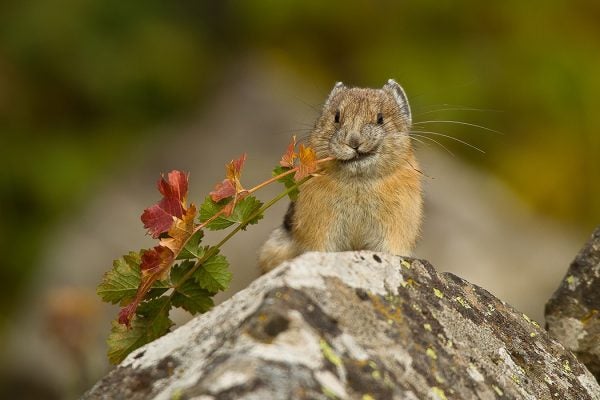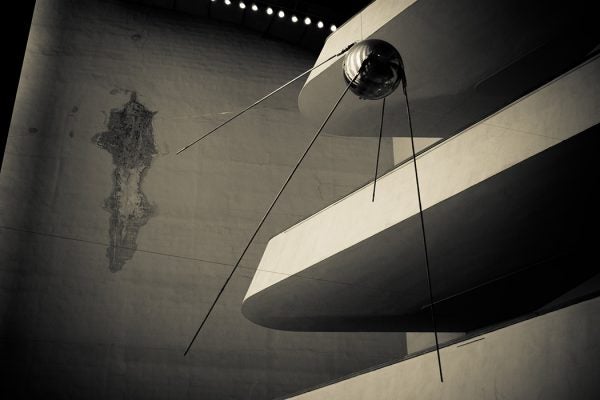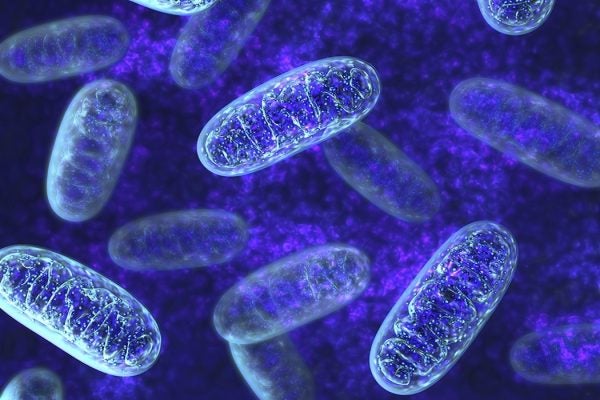Scientific Researchers Need to Open Up to Collaboration
The apprenticeship model is cutting us off from addressing today’s complex questions. Fortunately, social avenues like ResearchGate and MCubed can help.
How Does the “Noah’s Ark” of Seeds Work?
The Svalbard Global Seed Vault is the largest of a global network of seed vaults; many countries retain vaults for their own use.
Are Some Solar Panels More Environmentally Friendly Than Others?
A new solar process utilizing nanoparticles has to potential to nearly double the energy output per unit area of solar panels.
The Global Jellyfish Crisis in Perspective
Are the increasing jellyfish blooms in our oceans the result of global temperature changes?
A New Kind of DNA Evidence
Should familial DNA be used in forensic investigations? How it works -- and some of the potential problems with the practice.
The Incredible Unsung Karst Ecosystem
One of the world’s most incredible, yet unsung, ecosystems, karsts are home to a remarkable biological diversity.
The World’s Cutest Mammal on the Brink
The Ili Piku, aka "Magic Rabbit," of China is endangered. But Pika populations are declining globally, not just in China.
Three Ways the President Can Affect Science
Given some of the campaign rhetoric, many scientists are concerned about what a new administration might mean for scientific research.
What Did Manhattan Look Like in 1609?
The Welikia Project recreates a lost vision of Manhattan, one composed of marshes and forest surrounded by wide, meandering rivers.
Who Needs Mitochondria Anyway?
Mitochondria was once thought to be an integral part of all complex organisms. Then this organism was discovered.

